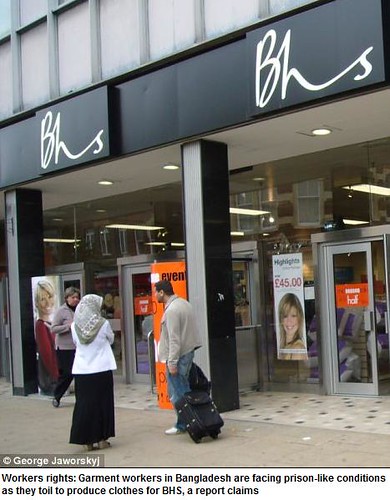For those of you who have been following the Apple/Foxconn story, you will be aware of Mike Daisey's acclaimed one-man show "The Agony and the Ecstasy of Steve Jobs," in which he talks about visiting a factory in China that makes iPhones and other Apple products. This American Life show on NPR has issued a retraction because they can't vouch for its truth. He allegedly made up parts of his story, namely child labor, armed guards, chemical injuries etc.
Here's a link to the NPR retraction and interview with Mike Daisey. In the 3rd section, they interview the reporter from the NYT who describes what they actually found and also some of the statements made by Apple executives. There is a large part of the story that is not getting any airtime, and that has to do with why they, and many other companies, are working so much overtime in the first place.
I wrote to Ira Glass. See below;
Dear Ira,
I’d like to add some info that the NY Times team and Apple
have not covered. I didn’t hear anyone discuss the reasons why so much overtime
is being worked in the first place. In many cases, the buying practices of
these companies are not compatible with corporate codes of conduct. Without
getting to the root cause of these long term code violations, it will be
impossible to correct or enforce. Faced with the need to meet a customer’s
delivery and margin expectations, and also meet code provisions (60 hours), most
factories falsify the records. Overtime and minimum wage violations are common,
and never really go away. Why? Because in many cases, our corporate culture and
business practices are at the root of it. Companies turn a blind eye to this as
long as the factory has some improvements and is seen as willing to engage in
continuous improvement. The factories know this and “play the game”, without
ever addressing the long term issues.
One of the executives at Apple was quoted as saying if Apple
wanted to, Apple could enforce codes of conduct and the factory would do it.
This is not true. Unless they address their own business practices to make
sure they are compatible with their own code of conduct, their factories will
continue to be out of compliance.
Here’s a link to an article I wrote back in 2004. http://www.allbusiness.com/manufacturing/apparel-other-finished-products-made/4397949-1.html
As you can see, this is still not being taken seriously,
except by a small number of brands, such as Nike, Gap. You can read their
efforts to address this in their annual CSR reports.
Apple should know better.
Wally

 Investigators say that the factories' thousands of workers toil seven-day, 84-hour work weeks in conditions where every Bangladeshi labour law is routinely and systematically violated.
Investigators say that the factories' thousands of workers toil seven-day, 84-hour work weeks in conditions where every Bangladeshi labour law is routinely and systematically violated.